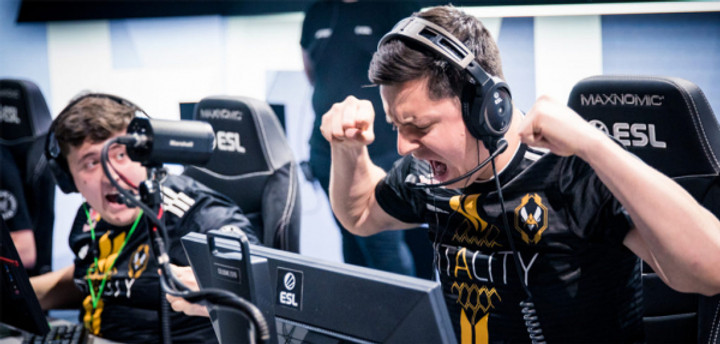The study, which examined the psychological challenges that elite esports professionals face while competing in major esports competitions, found that esports players faced 51 different stress factors during a competition, a number that mirrors the mental conditions that are often only experienced by professional athletes such as basketball, football, and rugby players.
Published in the International Journal of Gaming and Computer-Mediated Simulations, results came from interviews with several elite esports players who compete in the popular shooter Counter-Strike: Global Offensive.
"Esports has become a multimillion-pound business attracting audiences worldwide, but there is little research into the psychological factors that influence players. We have discovered that gamers are exposed to significant stress when competing in top-flight contests. By isolating these stressors, we can help esports players develop effective coping strategies to deal with such stressors and optimize performance while playing at the highest level.” - Dr. Phil Birch, study co-author and senior lecturer in sport and exercise psychology, University of Chichester
Researchers of the study also stated that esports players should be provided with psychological training to learn coping strategies to help them effectively and productively prepare for the pressures that come with elite levels of competition.
The study also builds on the University of Chichester’s expertise in esports, one which involves a newly-created Bachelor of Arts esports degree, a three-year course examining the impact of the gaming environment.
Chief Operating Officer at ESL said of the findings of the recent study, "As an industry, we've known for a long time that stressors on top level players can negatively affect their performance. This study proves this and reinforces what we have been saying for years. Further developments are needed in this area, and that will be key in ensuring the number of professional players continues to grow worldwide."
The full study is available on researchgate.net and can be accessed by following this link.

 No ads, our video library,
No ads, our video library,

